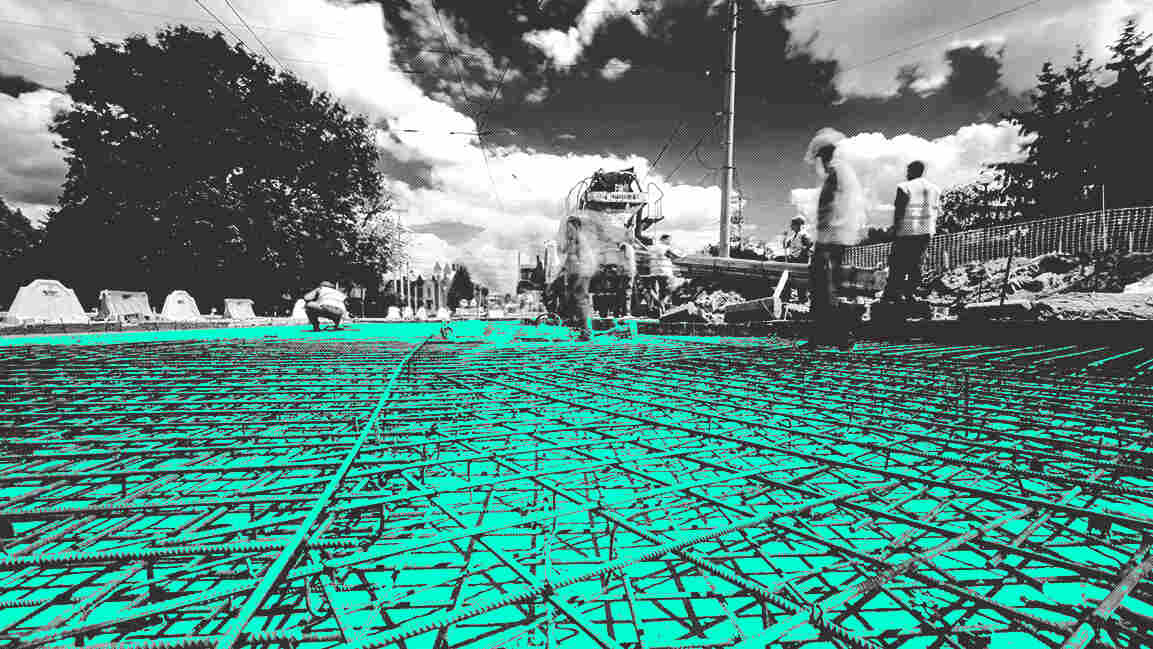- | 11:00 am
UAE unveils $46.3 billion transport plan to boost roads and mobility by 2030
The ministry aims to enhance the efficiency of federal roads by 73% over the next five years as part of its nationwide infrastructure plan.

The UAE Ministry of Energy and Infrastructure has unveiled a $46.3 billion portfolio of national transport and road projects to be completed by 2030, aimed at reducing congestion, expanding key highways, and improving mobility across the country.
Announced during the UAE Government Annual Meetings in Abu Dhabi, the initiative is part of a broader national strategy to enhance transport infrastructure in line with population and economic growth, while improving the quality of life for citizens and residents.
Minister of Energy and Infrastructure Suhail Al Mazrouei said the ministry aims to enhance the efficiency of federal roads by 73% over the next five years as part of its nationwide infrastructure plan.
The initiative includes major capacity upgrades across key highways. Etihad Road will be expanded with six additional lanes—three in each direction—bringing the total to 12 lanes and increasing capacity by 60%.
Meanwhile, Emirates Road will be widened to 10 lanes along its entire length, a move expected to raise capacity by 65% and reduce travel times by up to 45%.
The ministry is further conducting a feasibility study for a fourth federal highway, a 120-kilometre, 12-lane corridor with capacity for 360,000 trips per day, to facilitate smoother inter-emirate travel.
Al Mazrouei confirmed that work is underway on a $204 million upgrade of Emirates Road, set for completion within two years. The project is part of a broader push to develop a smart and sustainable transport network aligned with the UAE Centennial 2071 vision.
He noted that vehicle numbers on UAE roads are rising by over 8% annually (four times the global average) driven by population growth and heavy reliance on private cars. To address this, the ministry is coordinating with local authorities to update traffic policies, integrate transportation networks, and promote the use of public transportation.
As part of its smart transport strategy, the ministry has also launched a 24-hour traffic monitoring center to analyze congestion and propose data-driven solutions. Al Mazrouei highlighted the $13.6 billion UAE Railway Program as a key element of the strategy, with the Etihad Rail passenger service on track to commence operations by 2026, connecting major cities and alleviating road traffic congestion.
He emphasized that improving mobility and reducing congestion remain national priorities, with federal and local entities working together to strike a balance between infrastructure growth, sustainability, and public convenience.































